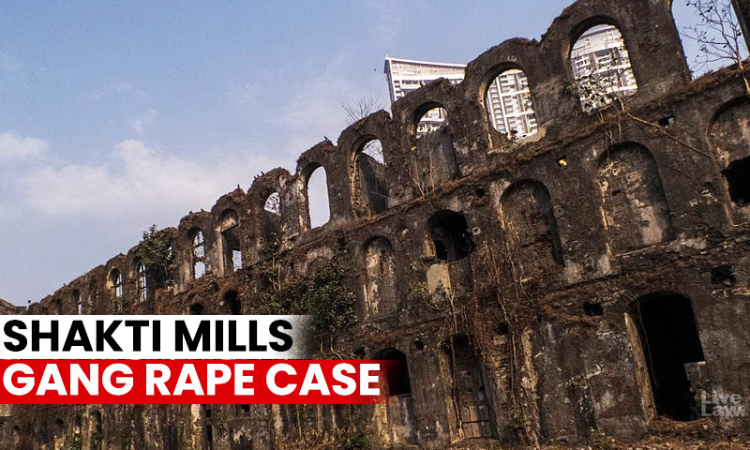"Not Death, But Every Day The Rising Sun Would Remind Them Of The Barbaric Acts Committed By Them": Bombay High Court On Commuting Death Sentence In Shakti Mills Gang Rape
Sharmeen Hakim
25 Nov 2021 5:00 PM IST

"The accused do not deserve any leniency, empathy or sympathy. Hence, they deserve Imprisonment for life i.e. for the remainder of their natural life. Every day the rising sun would remind them of the barbaric acts committed by them and the night would lay them with a heavy heart filled with guilt and remorse,"
Next Story


